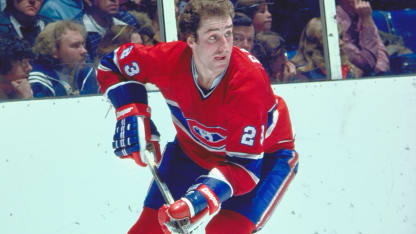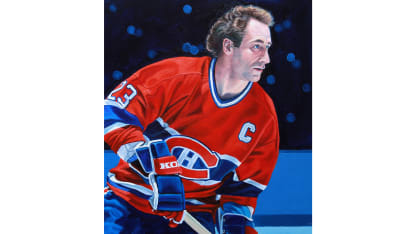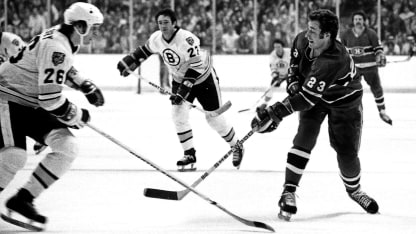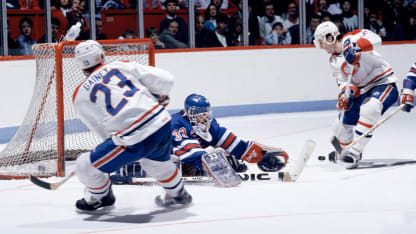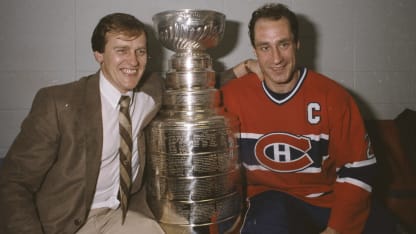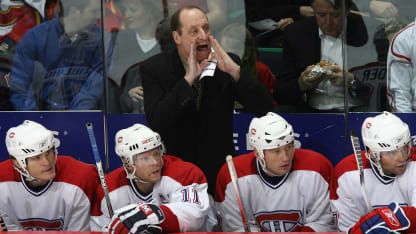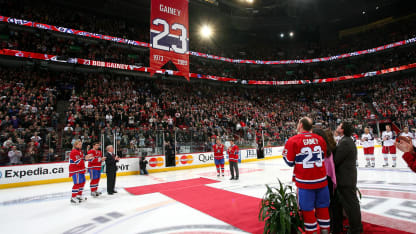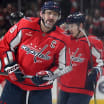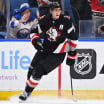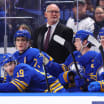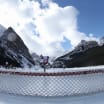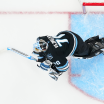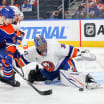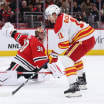Not so. Gainey and Lafleur frequently went head-to-head during Canadiens scrimmages and, as Bowman recalled: "We had as many good scrimmages as we had games in some of those years. I think it helped Lafleur as a scorer and I think it helped Gainey. If you're checking Lafleur in a practice and you're doing pretty good, you can probably play against most guys."
Gainey scored 20 goals once during Bowman's tenure. "He didn't really care about his production," Bowman said. "Not scoring 20 goals was never a concern for him. He probably could have produced more offensively, but his role and duties were the responsibility of playing against the other team's best winger. That's what he did -- and he liked it."
Born Dec. 13, 1953, to George and Anne Gainey, Bob grew up in the hockey hotbed of Peterborough, Ontario. He credited George, a World War II veteran who punched the clock for 41 years at the local Quaker Oats factory, for inspiring his work ethic. Anne told author Ed Arnold for his book "Hockey Town" that she'd wheel baby Robert in his carriage to an outdoor rink where he'd sit and watch her skate. Perhaps that inspired him, too. She said he became "a fanatic" about hockey.
He was always "Robert" at home, but they called him "Bob" on the ice. He began as a 7-year-old defenseman for his church team and advanced through Peterborough's minor hockey program. At 15 he moved to forward and blossomed, playing a key role in getting his midget and juvenile teams to compete for championships in the same season, 1969-70, and already shadowing future NHL players like Rick Middleton, Eric Vail and Don Lever. "By then," Arnold wrote, "Gainey had become a dominant force, with size, his powerful skating style, fearlessness, bashing and excellent hockey sense."
